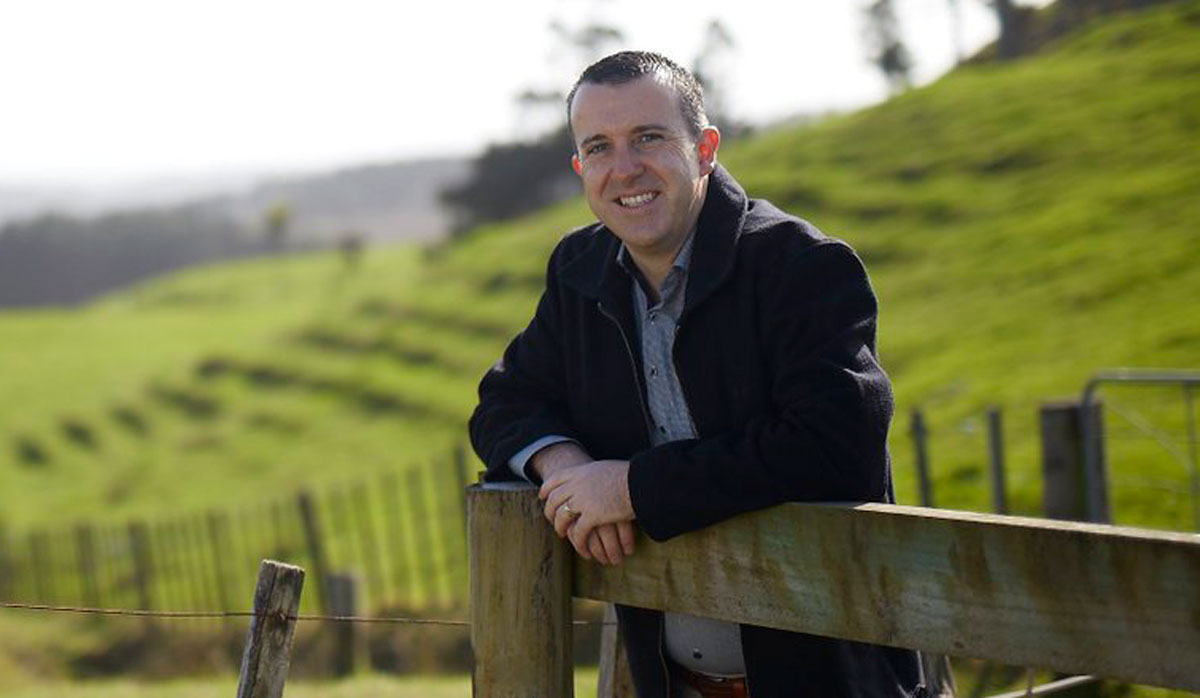Dairy prices defy ample supply as market momentum builds
Global dairy prices continue to rise despite ample supply from key milk producing countries including New Zealand.
Dairy prices were below expectations at last week’s Global Dairy Trade (GDT) auction, largely due to fat prices.
Lower fat prices dragged the overall price index 0.5% lower, says BNZ senior economist Doug Steel.
Fat prices fell heavily with butter and AMF sinking 4.9% and 5.1% respectively, seemingly on lower demand, he told Dairy News.
Steel says apart from fats, prices were buoyant elsewhere with casein up 4.9%, cheese up 2.7% and skim milk powder (SMP) rising 1.9%.
Whole milk powder (WMP) prices were essentially flat at US$3331/t (still well above the RBNZ’s medium term view of US$3000/t).
The slight dip in overall prices broke a run of five consecutive increases and economists agree the market was taking a slight breather.
Steel says prices across the range of dairy products seem to be converging, with previously high priced fats easing and previously low priced SMP rising, providing a good illustration of this dynamic.
“While overall prices were lower than expected, the result wasn’t a complete surprise given mixed indicators heading into the auction.”
A bout of ‘risk-of’ sentiment sweeping through financial markets in the previous few days would not have helped, including unsettling developments on trade as Trump commented that he had no deadline on a US-China trade deal, Steel says.
“In any case, the overall move is minor and essentially consolidates recent gains. Dairy prices are at high levels with the GDT Price Index 23.1% higher than a year ago.”
 |
|---|
|
BNZ senior economist Doug Steel. |
The result takes the edge off milk price calculations, especially in the context of a recent small “pop higher” in the NZ dollar.
“But general dairy price strength to date still bodes well for a decent 2019-20 payout to farmers.
“Our current milk price forecast sits at $7.40/kgMS. This includes a view that international prices will be broadly flat over coming months before easing a touch later in 2020.”
ASB’s senior rural economist Nathan Penny noted that over five previous consecutive auctions prices lifted 8.3%.
WMP prices were essentially flat at the auction, up just 0.1%, which was a touch softer than the expected 1% price rise.
“Nonetheless, WMP is a healthy 25.1% up on this time last year.” Meanwhile, skim milk powder (SMP) prices continued their strong recent run.
“SMP prices have recorded seven consecutive gains, jumping 23% since the end of August.”
 |
|---|
|
ASB senior rural economist Nathan Penny. |
Penny says the WMP-SMP premium has narrowed from over 30% at the start of the year to under 10% at last week’s auction.
“In contrast, milk fat prices posted their second consecutive fall. Both butter and anhydrous milk fat prices fell by around 5%.
“That said, prices are near their seasonal lows and we anticipate milk fat prices will lift as we head into summer and the accompanying seasonal fall in production.”
He suspects that auction prices may lift once again after the pause.
“Recall that NZ October production was 1.5% down on October 2018 and, anecdotally, production weakness has intensified over November,” Penny said.
According to the latest Fresh Produce Trend Report from United Fresh, 2026 will be a year where fruit and vegetables are shaped by cost pressures, rapid digital adoption, and a renewed focus on wellbeing at home.
The Roar is a highlight of the game hunting calendar in New Zealand, with thousands of hunters set to head for the hills to hunt male stags during March and April.
OPINION: The past few weeks have been tough on farms across the North Island: floods and storms have caused damage and disruption to families and businesses.
European dairy giant Arla Foods celebrated its 25th anniversary as a cross-border, farmer-owned co-operative with a solid half-year result.
The sale of Fonterra’s global consumer and related businesses is expected to be completed within two months.
Fonterra is boosting its butter production capacity to meet growing demand.
OPINION: Fonterra may be on the verge of selling its consumer business in New Zealand, but the co-operative is not…
OPINION: What does the birth rate in China have to do with stock trading? Just ask a2 Milk Company.